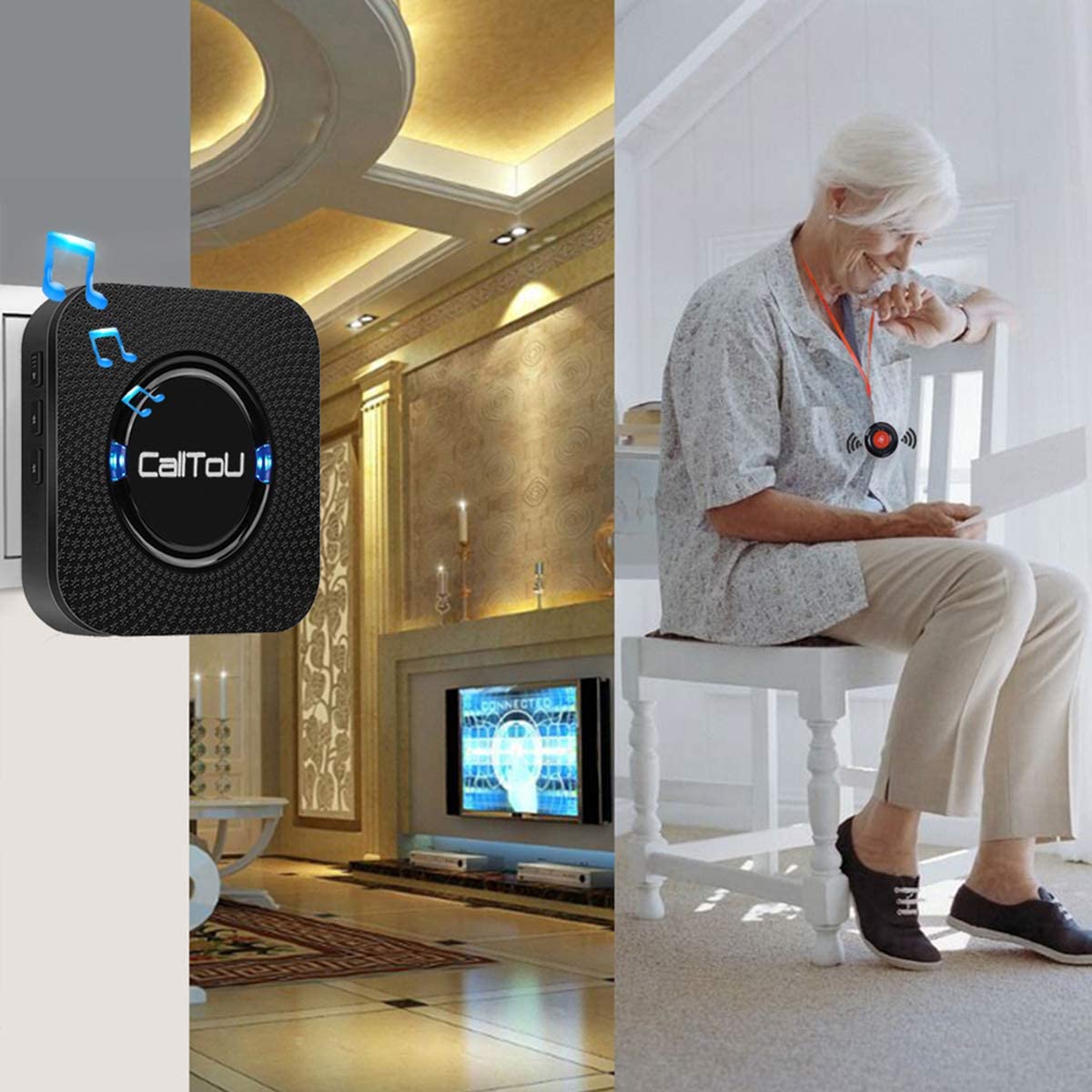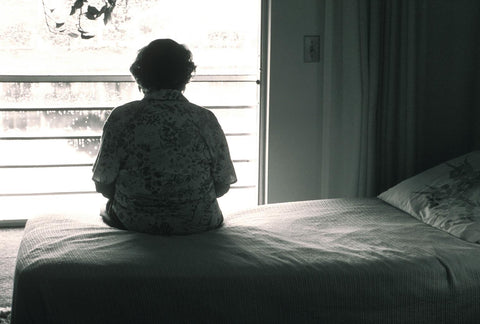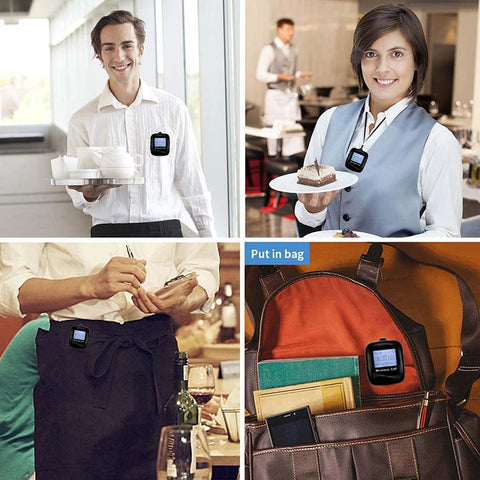
Does medicare cover medical alert systems? It has benefited the medical system to a certain extent
According to data from the Centers for Disease Control and Prevention (CDC), the number one cause of injuries and deaths from injuries in the United States is falls, most of which occur in elderly people over 65 years of age. In fact, one in four elderly people fall every year, and as the baby boomers continue to age, the total number of falls is expected to increase year by year.
Although the CDC provides tips on how to reduce the chance of falls, if you or your loved one is doing your best to prevent falls, you still need to plan a process to seek help.
Fortunately, there are several companies that have developed medicare cover medical alert systems. The purpose is to make it easy for people who pass out to seek help immediately without getting up, making calls or yelling to get the attention of others. Some systems will sound an alarm when the person who falls down presses a button worn on the body (usually hanging around the neck like a loose necklace, watch or bracelet). Other more advanced systems can even detect falls on their own and send alerts to contact lists of family members, neighbors, or caregivers.
Choosing a medical alert system can be overwhelming because there are so many styles and options. We have screened a variety of different products on the market to facilitate your decision-making process.

1.The first thing we need to understand is whether we need (suitable) a medical alert system?
There are many good reasons to consider using a medical alarm system. If you or your loved ones are over 60 years old, considering the risk of their fall and injury, purchasing an alarm system for them is a good choice.
For those who want to stay active and independent, and hope to live in their own homes in their later years, they may also need an alarm system to give you peace of mind. People with Alzheimer's and Parkinson's are prone to distractions and accidents, and can also benefit from wearable pendants, watches, or smartphone devices that communicate with trained operators in two ways. Of course, anyone who suffers from chronic heart disease, high blood pressure and other high-risk diseases and is worried about a heart attack, the elderly, the weak, the sick and the disabled can also benefit from the medical alert system.
2.How medicare cover medical alert systems work?
The medical emergency system is divided into two types: wireless and wired. The wireless one only needs to be placed in a place with a good signal and it can work normally; the wired one needs to be plugged into the socket to operate.
Some devices are equipped with a dedicated call button, which can be hung around the neck or attached to the head of the bed. When you need help, just press the button, and the signal will be sent to the receiver; some more advanced devices have automatic monitoring functions , It can detect your heart rate and automatically contact the medical center if an abnormality is found. Such a system also has a GPS positioning function, which can locate your location. It is a good choice for the elderly who often go out, but they need to pay a monthly fee of 50-60 US dollars.

3.What is the cost of the medical alert system?
The prices of medical alarm systems vary. They usually include expensive monthly fees, but some products do not charge users related fees; and in some cases, installation fees and equipment fees need to be paid.
Some of the above price ranges are partial. Some affordable systems are cheaper and provide barebones functions. Other systems have more premium plans and earn value by providing additional coverage and additional features.
